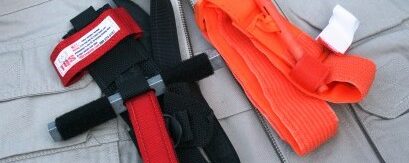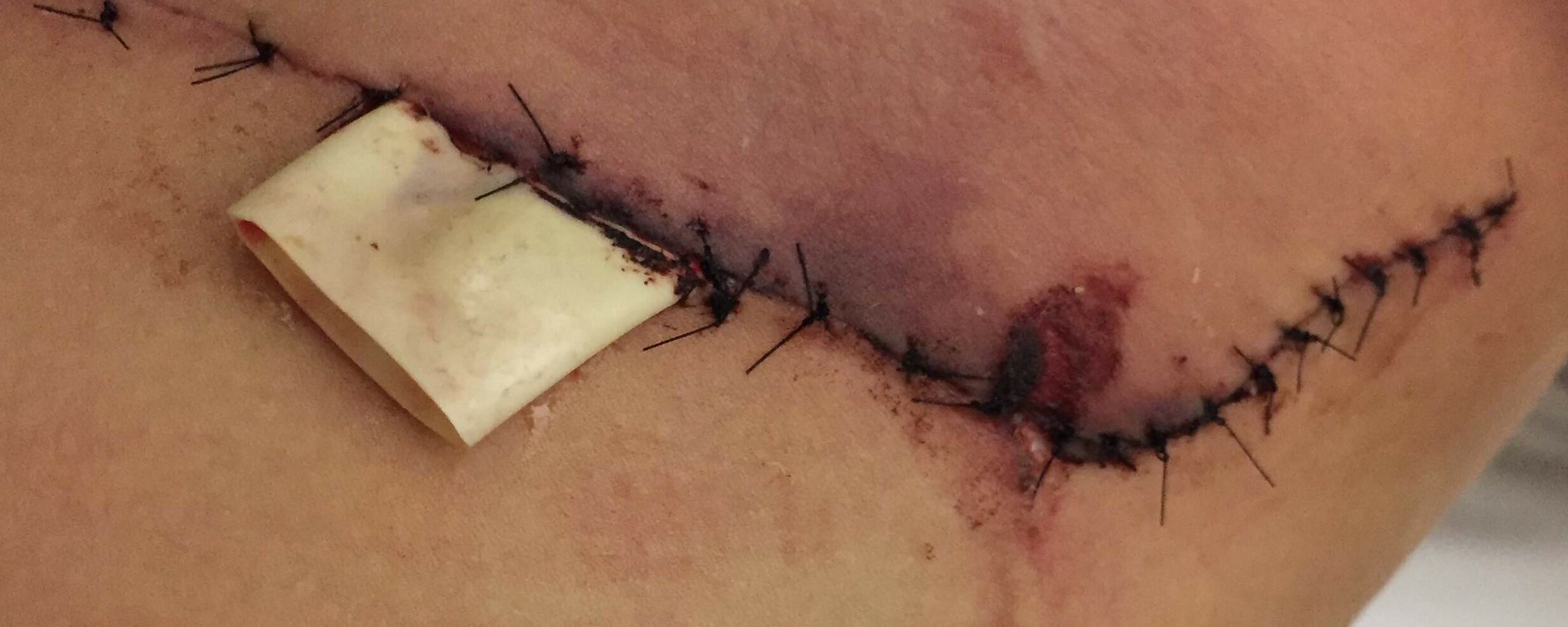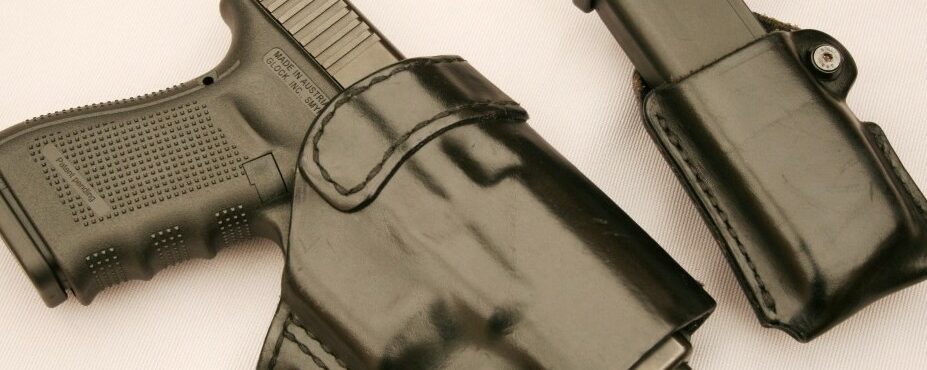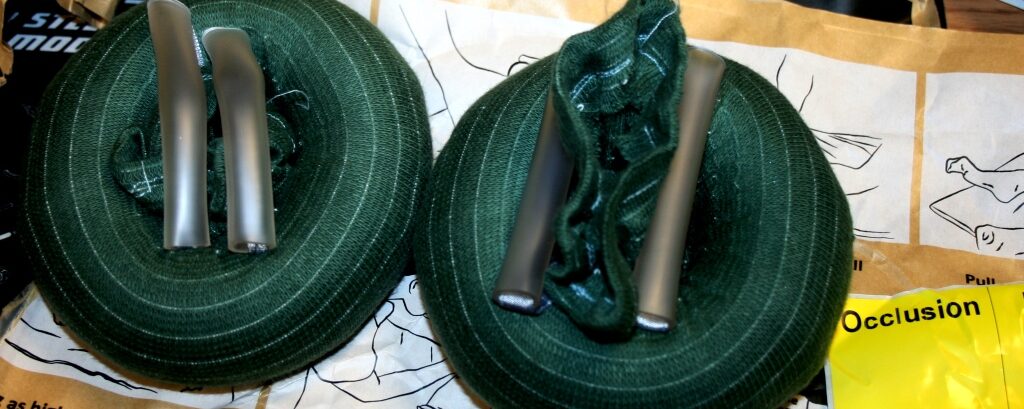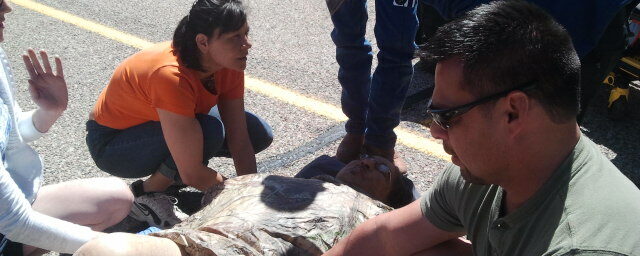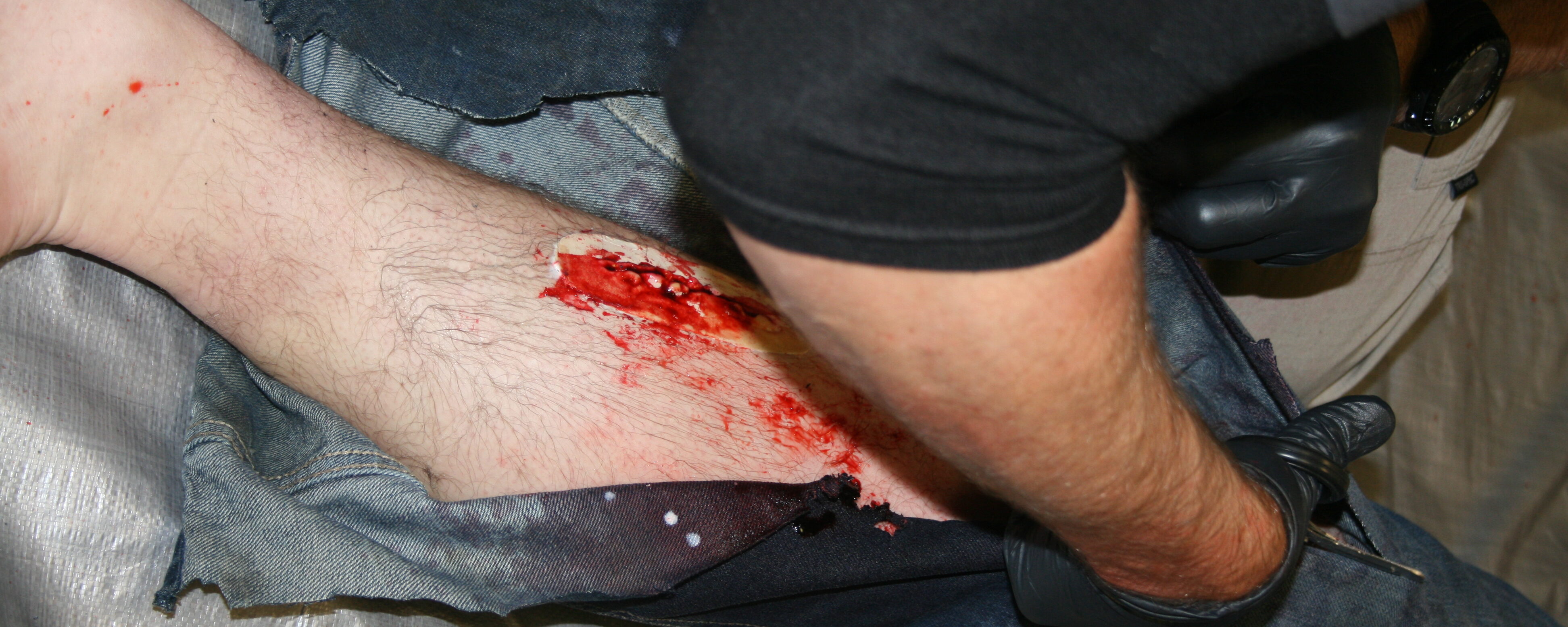“It is important to point out that he applied a tourniquet himself because he was bleeding profusely,” Philadelphia Police Commissioner Richard Ross A young Philadelphia, Pennsylvania police officer will live to return to duty after being shot through the upper thigh by a thug trying to steal a car. While attempting to apprehend two car thieves, Officer James McCullough was shot by a suspect. Recognizing the life-threatening injury, Officer McCullough applied a tourniquet to his own leg and arrived alive at the Emergency Room. At press time he is expected to make a full recovery. This is not the first time an American law enforcement officer has used a tourniquet to save a life after being shot by a thug.…
